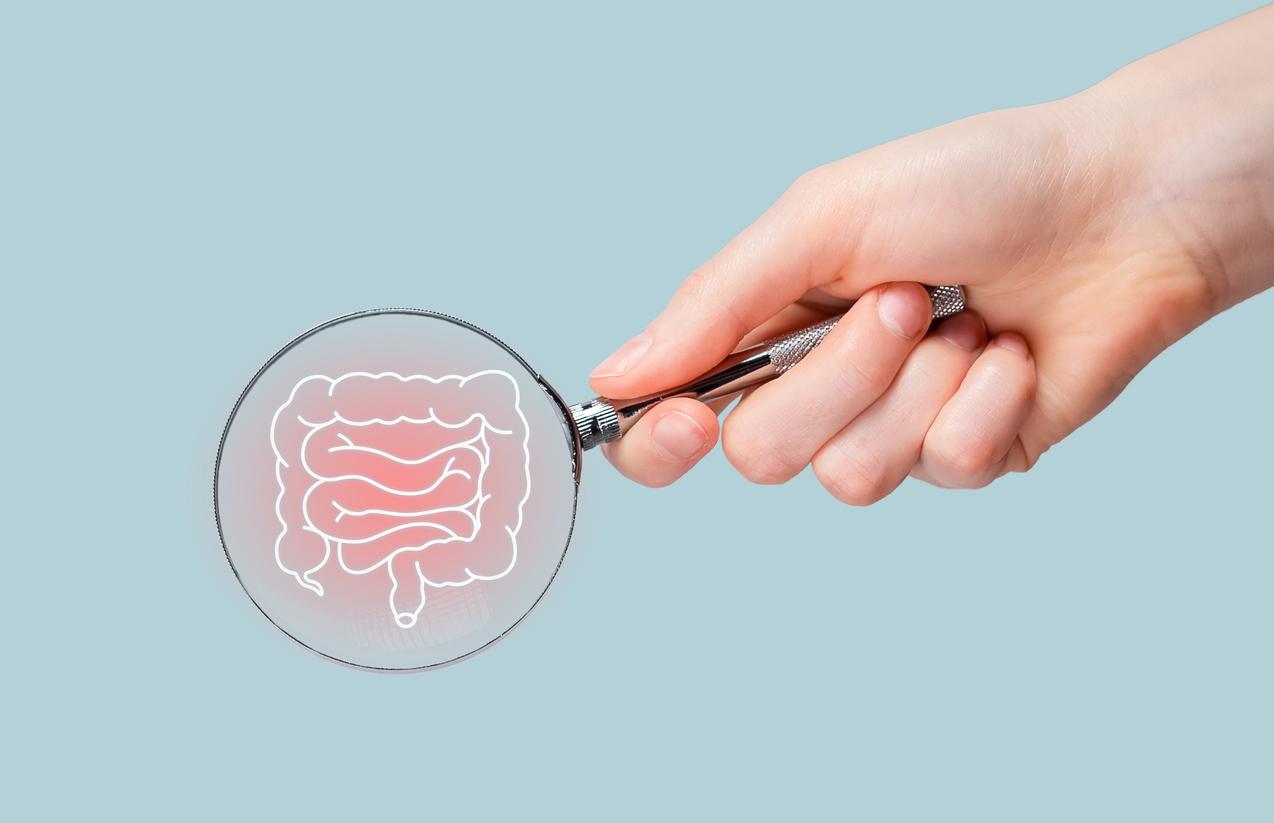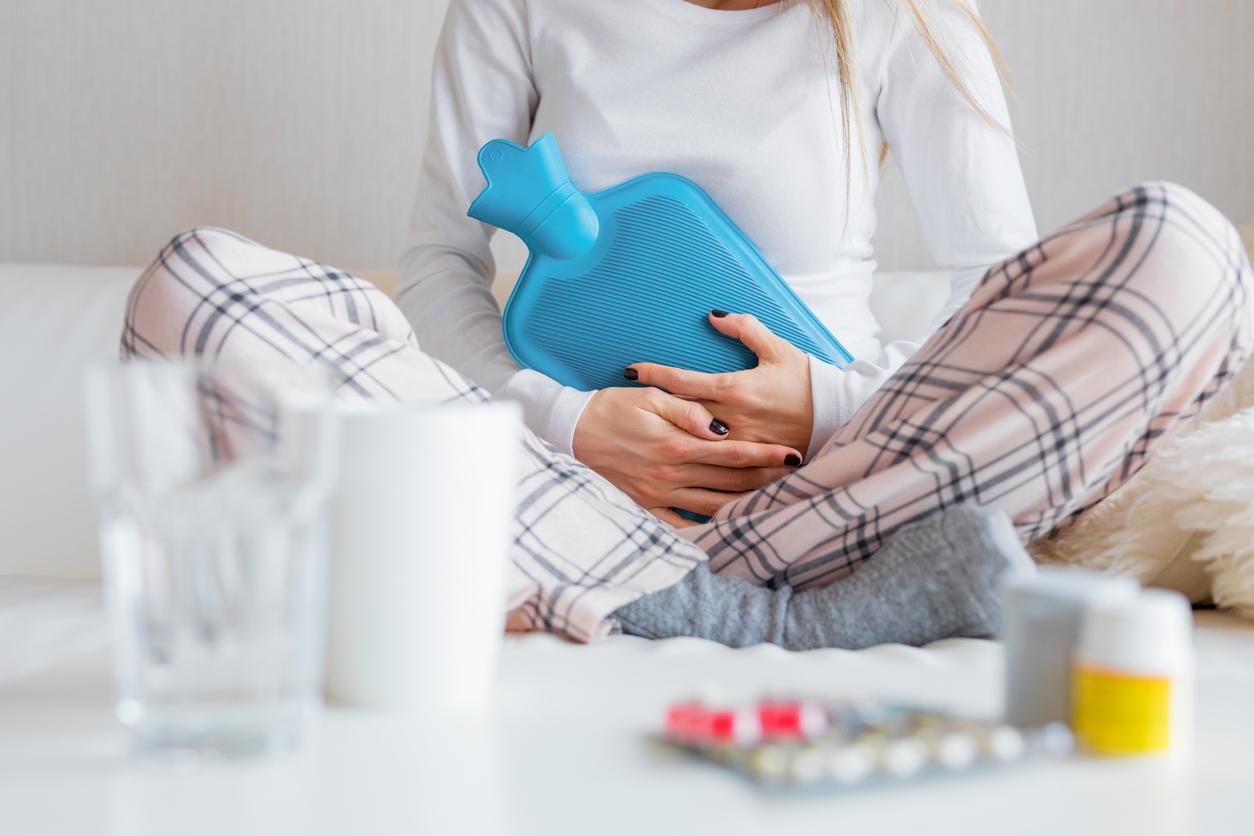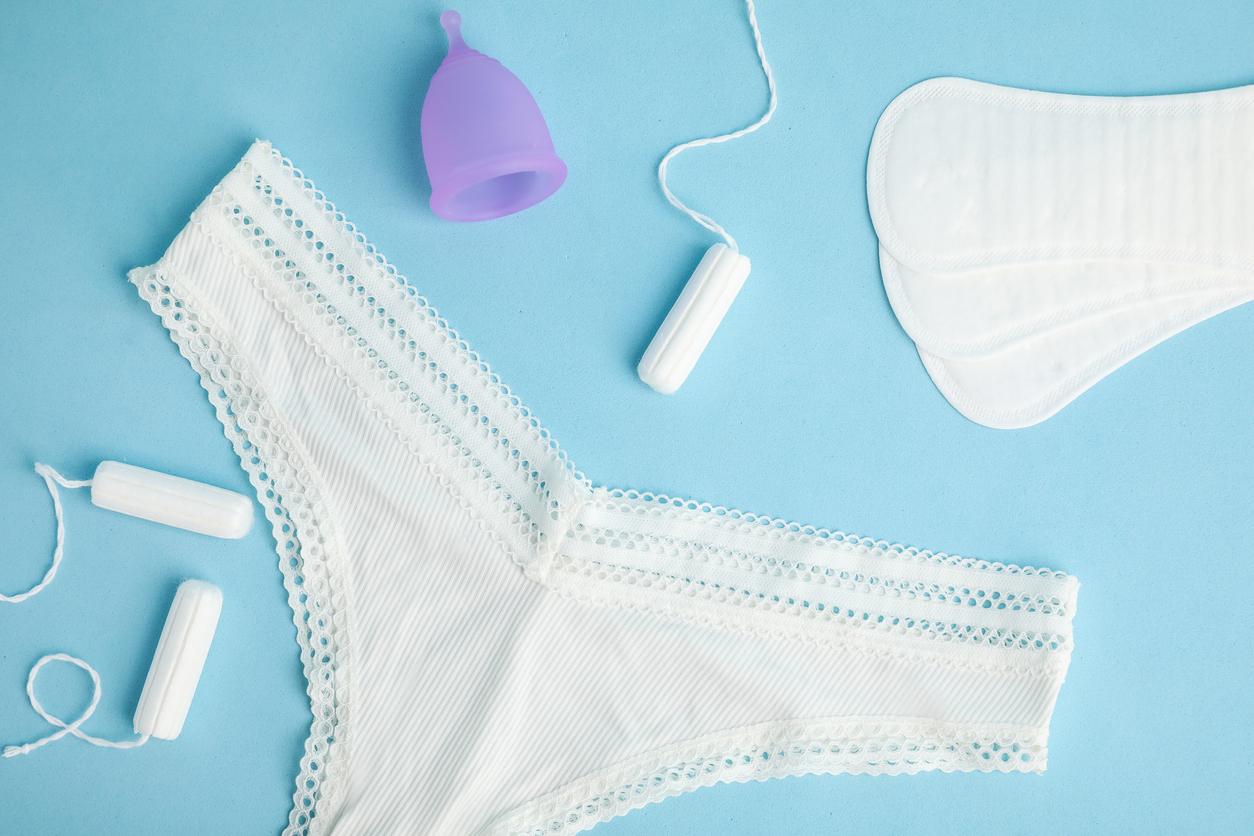Getting your period is a must for women all over the world. But the way this menstrual period is lived is not radically the same according to the country where one is. If the period taboo is still present in Western countries, for women in countries in difficulty, it is a period of shame, anguish, isolation and health risks. For some, getting your period is more like a fight for your dignity than a natural cycle, a sign of health. World Menstrual Hygiene Day on May 28 is a reminder of the sad persistence of prejudice around menstruation and the stigma that many women around the world still experience. Her goals ? Raising awareness for better break the taboo and promote a better access to sanitary protection.
A lack of access to sanitary protection
We don’t always realize it, but having access to sanitary protection is a luxury. At around €0.55 per unit, some women cannot afford it. They therefore resort to other methods which can endanger their health.
- In Kenya, women and young girls use rags, sheets, newspaper, a piece of mattress or even mud. In addition to being ineffective in terms of protection, these methods present risks hygienic considerable for users and promote infections.
- In the USA, homeless women are in great disarray during their periods. Reception centers often do not provide protection and the lack of access to showers increases health risks.
A moment of isolation for some women
- In Nepal, until 2005, the Chaupadi tradition was applied. The latter wants women to remain cloistered, alone, for a week at the time of their period. Although this tradition has been abolished, it is still applied in some rural villages. For women it is a time of isolation, they have no contact with the outside world and are exposed to the risk of disease.
- In Japan, if it is not strictly speaking isolation, the rules are a reason for exclusion from certain professions, considered masculine, such as that of sushi chef. The reason given: a sushi chef must have reliable taste buds and the rules lead to taste dysregulation. Since 1999, a law imposing non-discrimination in hiring has improved equal opportunities. A businessman, for example, opened a sushi restaurant that only employs women, says the Wall Street Journal.
A barrier to education
According to Unesco, one in ten women in Africa does not go to school during her period. This leads to a significant school dropout for young women.
- In Ghanagirls miss more than 5 days of lessons per month, because of insufficient sanitary facilities.
- In Sierra Leoneeven when they go to school, girls who are indisposed sit at the back of the class because they are afraid of emitting an odor or fear a leak on their clothes, as revealed by the Menstrual Hygiene Day website.
Beliefs in the Service of Shame
Myths also play an important role in the shame felt by women at the time of menstruation.
- In Malawi, the rules must remain secret. Parents never talk about it with their children, and young girls are taught about it by their aunts, showing them how to make towels and forbidding them to talk to boys during this time.
- In Bolivia, girls cannot throw their towels in the trash. They are made to believe that it causes serious illnesses and even cancers. The feeling of shame is very strong and access to individual toilets is limited, so most of them keep their towels with them to throw away at home in the evening.
- In India, the myth is culinary. During menstruation, it is forbidden to touch a pickle under penalty of making it unfit for consumption. Also impossible to cook or touch anything in the kitchen at the risk of contaminating the food…
- In Afghanistan, women are told that they cannot shower during their periods or they will become sterile. A belief that puts their hygiene at risk.
The actions of NGOs to fight this taboo
According to Unicef, 48% of young girls in Iran believe that menstruation is a disease. Faced with such a figure, which is not isolated, NGOs and other non-profit organizations are fighting for better knowledge and acceptance of this natural phenomenon, which would allow an improvement in hygiene.
- The organization Femme International distributes kits in East Africa with menstrual cups or some buffersreusable as well as soap, a towel to dry oneself, a bowl to wash one’s belongings and a small mirror. As far as the homeless are concerned, the Distributing Dignity association in the United States, and the Lecordier foundation in France, undertake to distribute intimate hygiene products in reception centres.
- In India, the Menstrupedia site offers multimedia content, with a comic book system, to overcome myths about menstruation and teach Indian women to accept this process without shame.
- UNICEF’s WASH program works in Afghanistan to teach young girls about hygiene and install hygienic equipment in schools.
- Unicef is also working in Bolivia to improve the school environment with access to absorbent products and better toilets. Even if the taboo remains in some countries, education has a beneficial effect on young girls. According to a study by the American Center for Biotechnology, in Iranian schools, lessons on menstruation and hygiene are offered and attended diligently in some schools. Result: 61.6% of girls start washing when they have their period.
- In Ghana, a study conducted for Menstrual Hygiene Day showed that girls’ school attendance increased after they received free sanitary pads and education on the subject.
Read also :
- Natural solutions for painful periods
- 15,000 sanitary pads collected at the Council of Europe
- Periods: what they say about your health
- Intimate hygiene: what you need to know to preserve your vaginal flora
- Rules: free instinctive flow, freedom and control or dangerous constraint?


















